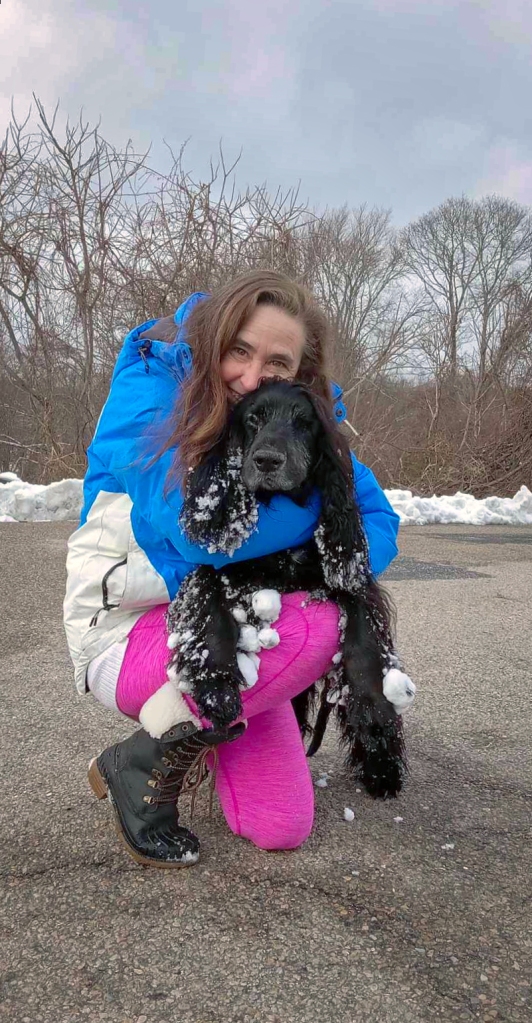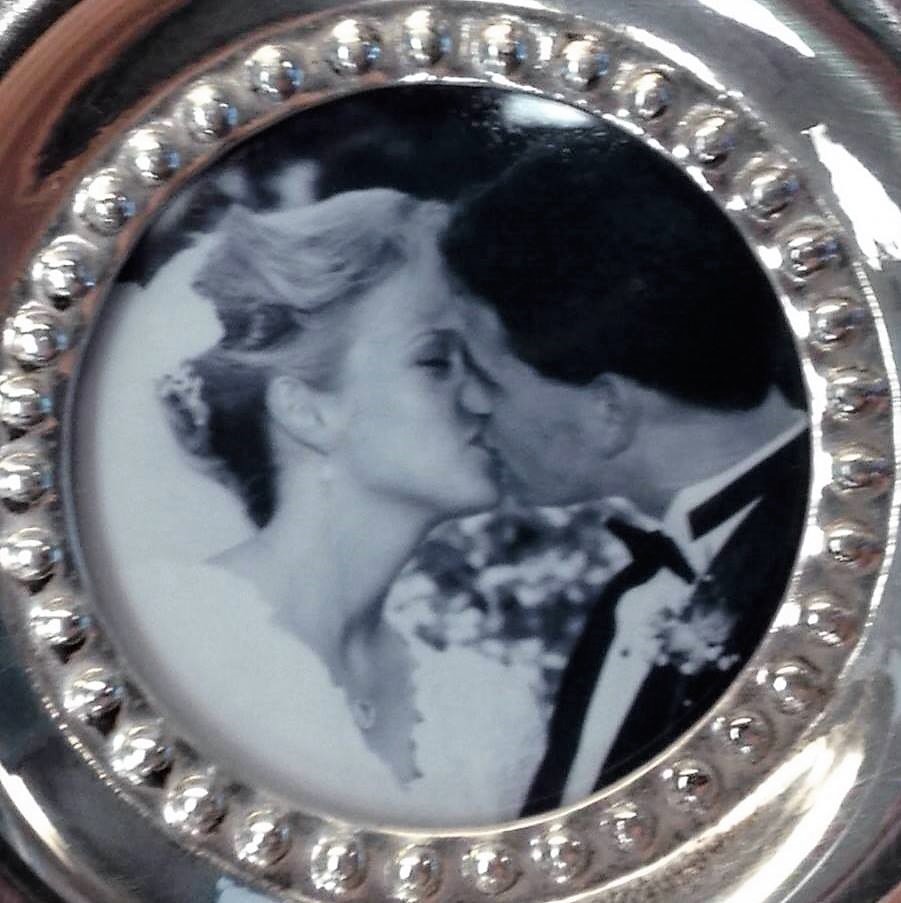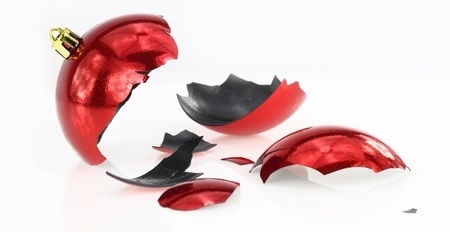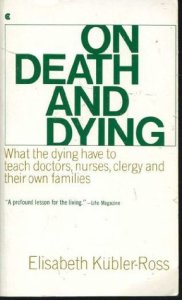
My sister has two children, a girl and a boy. But to be honest, she had three. Zodiac was her third. Zodiac was a Field Spaniel. Well, to be more precise, that was his breed. Zodiac was her child, friend, confidante, and roommate. My sister is a photographer, and by extension, Zodiac was the most photographed furry friend ever.
Gentle didn’t begin to describe him. Like most dogs, he had one mission: to love you. As a Field Spaniel, he had the traditional long ears and feathering on his chest, ears, and the back of his legs. He was all black but had gained some whisps of white as he aged. Years ago, like many Field Spaniels, he had ocular issues and lost one eye. But if you asked him (and if he could tell you), he’d have said it never bothered him to lose it. He just kept moving forward – and loving. The hair on his head was long and wispy and could be combed in any direction. His combover was always a source of entertainment over the years! Oh, and he loved Twizzlers. I bought them for him whenever I could, and my sister always had some on hand. She kept them in an upper cabinet in her kitchen. She has a two-step, painted wooden stool beneath the cabinet. Say the word “Twizzler,” and Zodiac would run to the step stool and stand on the top, patiently awaiting his treat. He’d help guide you to the location of the hidden treasures by pointing his nose at the upper cabinet. The paint had worn away on that step from his many trips there.
They say only the good die young. Perhaps that’s the price of loving. And since dogs always love unconditionally, their lives are shorter than ours. We’ve all heard the saying that a dog year is seven human years. Another way of thinking is that maybe they love seven times as much as we do in any given year. Either way, the cost of their loving is paid in shorter lives.
And we are left to carry the memories of their love with us through the remainder of our longer lives.

Zodiac crossed that mythical Rainbow Bridge tonight. And while I’m a skeptic, I’d like to believe in a place where our departed furry friends wait for us, their tails wagging out of control as we, at long last, approach. So, if you have a moment and are so inclined, have thought for my sister and her kids. If my theory’s correct, your compassion is a sign of sympathy, maybe empathy, and a form of love. It may cost you a moment of your life. And you may die a moment sooner because of it. But isn’t the love we give others, the love we give our furry friends, the love we have for nature, our garden, or our hobbies, isn’t that what makes our lives more than the total of our achievements, tasks, and obligations? If I must go sooner because I love, I will not fear the Reaper. And if I die at 99, I hope that means that without having loved, I would have died at 106. And when I go, please do me a favor, just in case. Stick a few Twizzlers in my pocket. Uncle Chris needs to be ready.
Everyone who ever knew you, Zodiac, is going to miss you. We’ll carry your memory.








